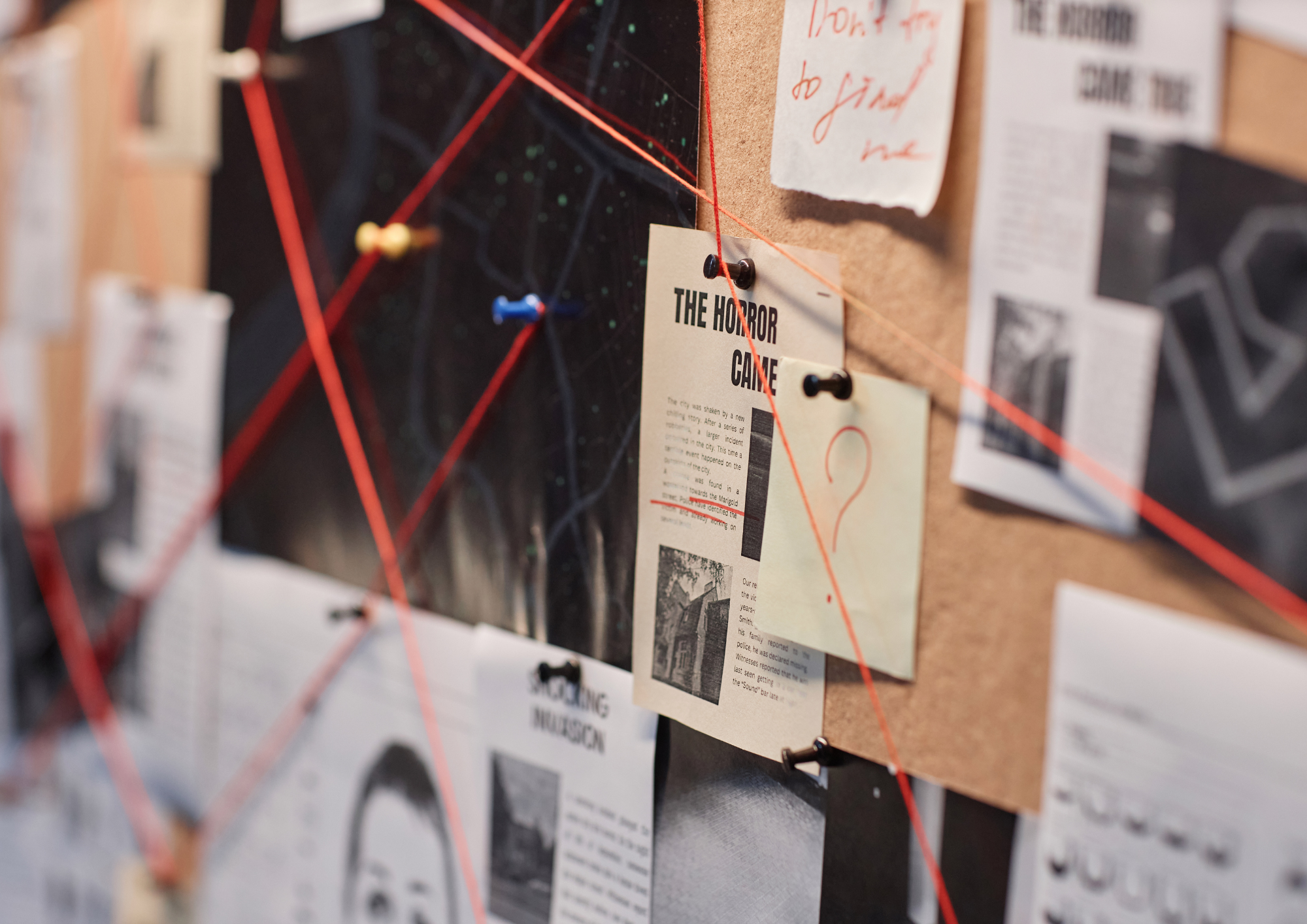NEWS

IN BRIEF

In July 2021, a name whispered across every corner of Pakistan and far beyond: “Noor Mukadam”. A young, educated woman from an influential diplomatic family, brutally murdered in the heart of Islamabad. Her death wasn’t just another headline; it was a collective trauma, a heartbreaking reckoning with the deep cracks […]
SHARE
In July 2021, a name whispered across every corner of Pakistan and far beyond: “Noor Mukadam”. A young, educated woman from an influential diplomatic family, brutally murdered in the heart of Islamabad. Her death wasn’t just another headline; it was a collective trauma, a heartbreaking reckoning with the deep cracks in our society, from gender-based violence to institutional apathy.
But amid this darkness, a spark refused to die. That spark was resilience, not only Noor’s, who fought till her last breath, but her family’s, her father’s, and the people of Pakistan who stood with them. Today, Noor’s story continues to echo as a painful reminder, but also as a symbol of the “power of hope, persistence, and justice” in a system many had long given up on.
When Peace is Shattered
Noor’s story is not unique in the context of violence against women in Pakistan. But what made her case resonate so widely was the “brutality of the crime, the boldness of the perpetrator”, and the sheer entitlement with which he operated. Zahir Jaffer, a man born into privilege, attempted to exploit every legal loophole available to him. The horror wasn’t only the murder, it was also in watching a system that for decades had failed victims, now once again at risk of failure.
But something changed. Something in the collective psyche of Pakistanis cracked open.
The Father Who Refused to Be Silenced
“Shaukat Mukadam”, Noor’s father and a former diplomat, could have taken a quieter route. He could have retreated into grief, allowed his connections to handle things, or accepted fate like many broken families before him.
Instead, he stood up, broken, yet unyielding.
With remarkable dignity and unwavering strength, he made his pain public. He attended press conferences, gave interviews, appeared in court repeatedly, and reminded Pakistan: “This isn’t just about Noor. This is about every daughter in this country.”
Through each hearing, each adjournment, each delay — he stood firm. In doing so, he embodied the very meaning of resilience. His courage to face his daughter’s murderer in court, his demand for justice within the legal framework, and his refusal to settle for silence gave thousands of families “a renewed belief” in the power of law when pursued with honesty, perseverance, and unity.
Justice That Broke the Mold
Against all odds, and against the history of elite impunity in Pakistan, “justice was served”. Zahir Jaffer was sentenced to death. His parents, who initially tried to shield him, were also prosecuted. For once, privilege did not rewrite the narrative.
The message sent was louder than Noor’s silence ever should have had to be.
This “justice was not perfect”, nor was it swift. It took months of delays, intense media scrutiny, and relentless public pressure. But it happened, and in doing so, it cracked open a long-shut door in Pakistan’s criminal justice system. Noor’s case forced the system to work. It showed that when the people unite, when the media holds the spotlight steady, and when a family refuses to surrender the system, however rigged, can bend toward justice.
From Pain to Peacebuilding
Noor’s story, painful as it is, has catalysed crucial conversations on peacebuilding, youth resilience, and extremism. Her case is no longer just about one woman; it has become a, symbol of the society we must become.
In a world increasingly torn by ideological violence, intolerance, and misogyny, her story highlights how personal resilience can ripple into national consciousness. It’s about a father’s steadfast resolve. A nation’s grief. A community’s unity. A youth’s awakening.
As a young student, I’ve heard countless girls in my university say, “If Shaukat Mukadam can fight for Noor, maybe someone can fight for me too.” This is what peacebuilding looks like in its rawest form restoring faith in justice, empowering victims to speak, and inspiring youth to believe that change is possible within systems many had long declared broken.
The Human Side of Justice
Peace isn’t just about absence of violence — it’s about “presence of dignity, accountability, and trust”. Noor’s story taught us that when justice is humanized, when courts acknowledge the emotional and societal toll of crime, real healing begins.
Shaukat Mukadam never called for revenge. He called for process. He demanded what the law promised. His voice became a bridge between the privileged and the powerless, a rare, unified cry for equality and safety.
In that, he gave the country a model of resilience: not loud, not vengeful, just honest, courageous, and unwavering.
Where We Go from Here
Noor will never return. But her silence echoes louder than many voices ever could. Her legacy is not just a verdict; it’s in every girl who now dares to speak out. Every father who now listens. Every citizen who now believes, even just a little more, in the pursuit of justice.
This blog is not just a tribute. It is a call to action — for all of us, especially the youth. To not forget. To speak up. To support survivors. To question power. And to never settle for silence where we can choose resistance.
Because when we say “Justice for Noor,” we also say:
“Justice for the unheard.”
“Hope for the broken.”
“Peace for a society still learning to listen.”
May Noor’s name forever be remembered, not for how she died, but for what her death taught us. And may we, as young voices of this country, continue her fight, not just for justice, but for a more peaceful, resilient, and compassionate Pakistan.
About the Author:
This blog is written by Ayesha Shahid as a part of the Virtual Media Competition under the #FarqParhtaHai initiative, showcasing youth voices and creative expressions for social impact.
